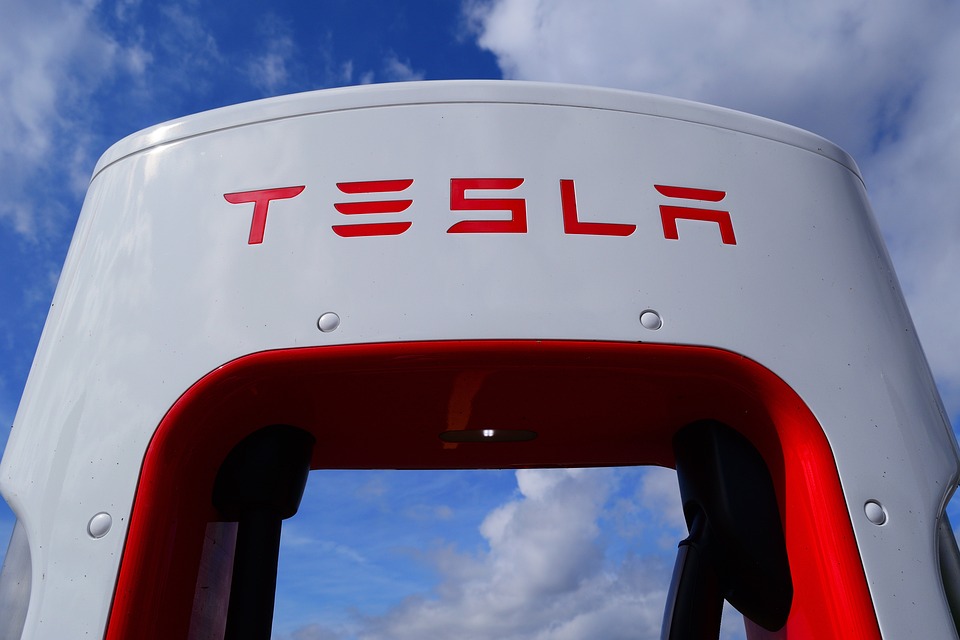As the world grapples with climate change and environmental degradation, the shift towards sustainable practices has never been more crucial. One of the most significant changes individuals can make is the transition from traditional gasoline-powered vehicles to electric cars (EVs). This shift not only enhances personal mobility but also brings a myriad of environmental benefits. In this article, we will explore how electric vehicles contribute to a greener planet.
Reduced Greenhouse Gas Emissions
One of the most pressing concerns of fossil fuel combustion is greenhouse gas emissions, particularly carbon dioxide (CO2). According to the U.S. Environmental Protection Agency (EPA), transportation is a major source of these emissions in the United States. Electric vehicles, on the other hand, produce zero tailpipe emissions. While it’s true that generating electricity may still release CO2, the overall emissions associated with EVs are significantly lower than their gasoline counterparts.
A comprehensive study by the Union of Concerned Scientists indicates that even when considering the emissions from electricity generation, EVs produce about half the lifetime emissions of comparable gasoline vehicles. The transition to renewable energy sources—such as solar and wind—further amplifies this benefit, offering the potential to drive electric cars with virtually no carbon footprint.
Improved Air Quality
Switching to electric cars also plays a critical role in improving urban air quality. Traditional vehicles release pollutants like nitrogen oxides (NOx), particulate matter (PM), and volatile organic compounds (VOCs) that contribute to smog, respiratory problems, and other health issues. By adopting electric vehicles, we can significantly reduce the amount of harmful emissions released into the atmosphere.
Several studies have shown that cities with higher EV adoption rates experience marked improvements in air quality and public health outcomes. Cleaner air translates to fewer hospital visits, lower healthcare costs, and a better quality of life for urban residents.
Energy Efficiency
Electric vehicles are inherently more energy-efficient than gasoline-powered cars. The U.S. Department of Energy notes that EVs convert about 60% of the electrical energy from the grid to power at the wheels, whereas conventional gasoline vehicles convert only about 20% of the energy stored in gasoline into movement. This higher efficiency means that using electricity, particularly from renewable resources, is a more sustainable choice.
Reduction of Noise Pollution
In addition to air pollution, transportation is a significant source of noise pollution, which can have detrimental effects on human health and wildlife. Electric vehicles are generally quieter than their internal combustion engine counterparts, leading to a more serene urban environment. By making our cities quieter, we enhance the quality of life for residents and create less disruptive habitats for wildlife.
Sustainable Resource Use
The production of electric vehicles incorporates advancements in sustainable practices. The push for EVs has spurred innovations in battery technologies, encouraging the development of materials that have lower environmental impacts. Many manufacturers are now focusing on the circular economy, which emphasizes recycling and reusing materials to minimize waste and preserve natural resources.
Additionally, the growth of EV charging infrastructure is incentivizing investments in renewable energy sources. This interconnected growth fosters a more sustainable economy and a reduced reliance on fossil fuels.
The Role of Policy and Awareness
Governments worldwide are increasingly recognizing the environmental benefits of electric vehicles and are implementing policies to incentivize their adoption. These policies often include tax incentives, rebates, and investments in charging infrastructure. Furthermore, raising public awareness about the environmental impact of transportation can motivate individuals to opt for electric cars over traditional vehicles.
Conclusion
The transition to electric cars is not just a trend; it represents a vital step in the global effort to combat climate change and promote environmental sustainability. With their lower greenhouse gas emissions, improved air quality, and energy efficiency, electric vehicles play an essential role in creating a cleaner, healthier future.
By choosing electric over gasoline, consumers have the power to drive change—literally and metaphorically. As technology advances and the infrastructure for EVs continues to expand, opting for green driving becomes an increasingly practical and responsible choice. Together, we can steer toward a more sustainable world, one electric vehicle at a time.



